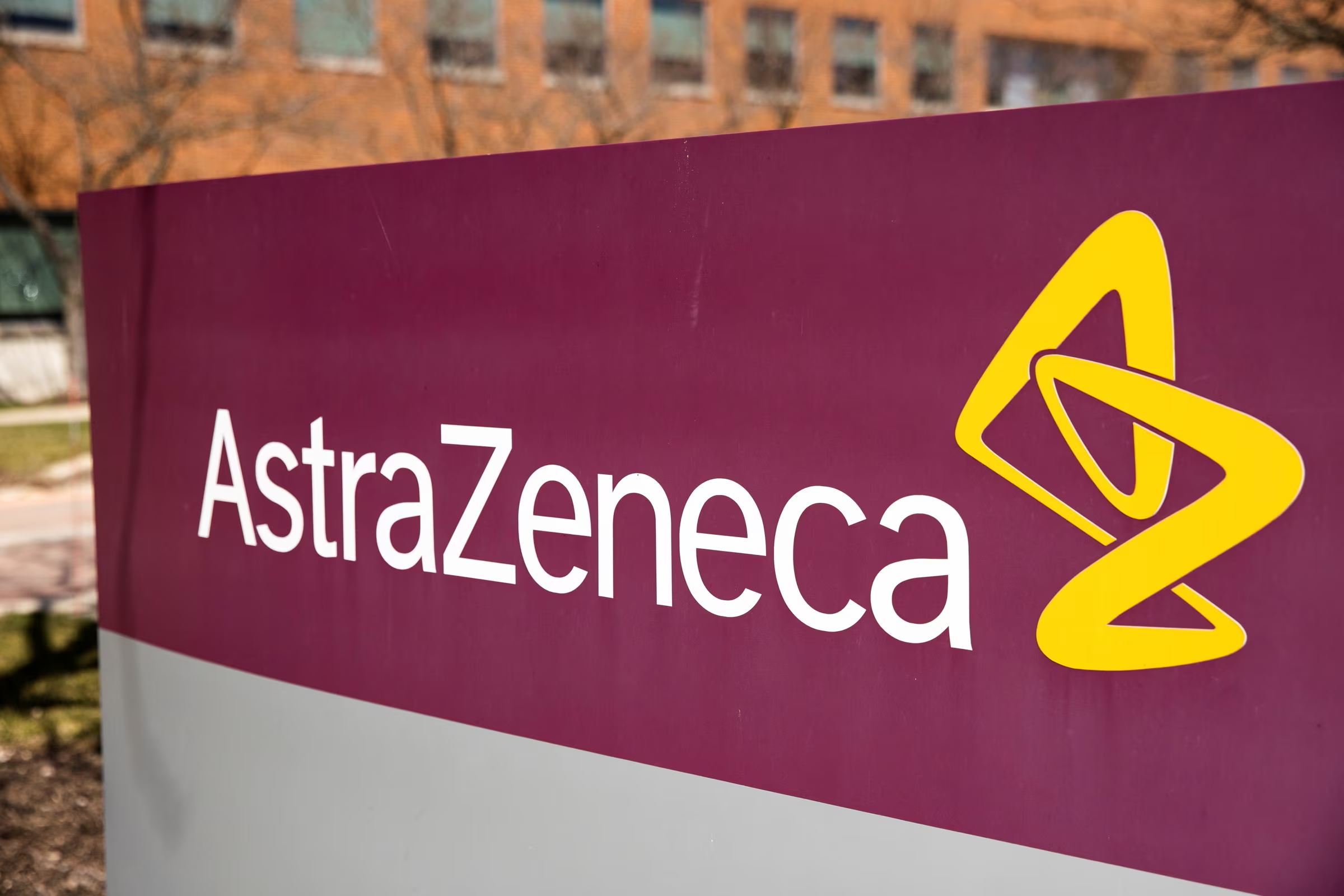AstraZeneca Discloses $50 Billion Investment in The United States
AstraZeneca (AZN.L) announced early this week that it intends to invest $50 billion in the United States by 2030 to enhance its manufacturing and research capabilities.
This investment is the latest significant one made by a pharmaceutical company in response to President Donald Trump’s tariff policy.
According to a statement, the investment will finance the establishment of a new drug manufacturing facility in Virginia and the expansion of research and development (R&D) and cell therapy manufacturing in Maryland, Massachusetts, California, Indiana, and Texas.
Additionally, it will enhance the Anglo-Swedish pharmaceutical company’s clinical trial supply network in the United States and facilitate its ongoing investment in innovative medications.
AstraZeneca announced recently that the expansion is in alignment with its objective of generating $80 billion in annual revenue by 2030, with half of that revenue originating from the United States.
AstraZeneca had been prioritizing the world’s largest market, which is valued at $635 billion, prior to Trump’s return to office. In 2024, the U.S. accounted for over 40% of the company’s annual revenue.
The drugmaker’s latest initiative to expand its U.S. presence coincides with Trump’s threats to impose import tariffs on the industry and his efforts to stimulate domestic manufacturing. Historically, the sector has been immune to trade disputes.
Trump has encouraged pharmaceutical companies to manufacture a greater proportion of the medications they distribute in the United States domestically, as opposed to importing active ingredients or finished medicines.
Additionally, he is advocating for the reduction of prices in the United States to match those of other countries.
In Washington, CEO Pascal Soriot disclosed his intentions, asserting that he is of the opinion that drug prices must increase in other regions and “equalize” with those of other nations, thereby contributing more to research and development expenses.
He stated, “The United States is unable to construct or finance the cost of research and development for the entire world.”
U.S.A.’s investigation into pharmaceutical imports is being conducted by the department of Commerce Secretary Howard Lutnick, which has the potential to lay the groundwork for new tariffs.
In a statement released by AstraZeneca, Lutnick stated, “For decades, Americans have been dependent on foreign suppliers of essential pharmaceutical products.
President Trump and our nation’s new tariff policies are dedicated to addressing this structural weakness.”
Despite Trump’s repeated threats to impose tariffs on the sector, he indicated earlier this month that companies would be granted a year to 18 months to “get their act together” before any duties were implemented.
The company stated that the timing and location of the announcement were influenced by the U.S. policy environment, although some of the expenditures would have been made regardless to establish the infrastructure for future medications.
The statement stated that the pledge is in addition to the $3.5 billion in investments that the company announced in November 2024.
The $50 billion pledge is consistent with the commitment made by Swiss rival Roche (ROG.S) in April and follows the new spending plans unveiled this year by Eli Lilly & Co (LLY.N), Johnson & Johnson (JNJ.N), Novartis (NOVN.S), and Sanofi (SASY.PA).
Virginia State Governor Glenn Youngkin, a vocal Trump supporter who has defended the administration’s tariff policies, was also in attendance at the announcement.
The new Virginia facility, which is the company’s largest single manufacturing investment, will manufacture active ingredients for AstraZeneca’s investigational weight-loss medicines, such as its oral GLP-1 candidate and an oral PCSK9 inhibitor for cholesterol management, according to the company.
The company stated that the investment has the potential to generate tens of thousands of new employments, but it declined to provide further details.
It has a global workforce of approximately 90,000 and employs approximately 18,000 individuals in the United States.
It cited a decrease in government support as the reason for abandoning plans to invest 450 million pounds ($607.1 million) in its vaccine manufacturing facility in northern England in January.
The Times reported earlier this month that the company was contemplating the relocation of its stock market registration from London, where it is the most valuable company on the exchange, with a value of 159 billion pounds, to the United States. The company declined to provide a response.
news via inbox
Get the latest updates delivered straight to your inbox. Subscribe now!




